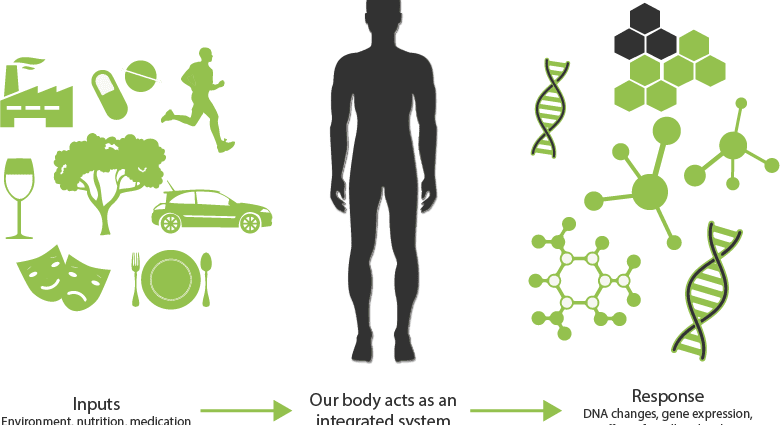Complex changes in lifestyle, in particular, the transition to a diet rich in plant foods and an increase in sports activities, are reflected not only in our appearance, but also in our genes. They promote rapid and profound genetic changes. Many have known this information for a long time, and many still, in response to their health problems, say: “It’s all about my genes, what can I change?” Fortunately, there is a lot that can be changed. And it’s time to stop using your “bad” inheritance as an excuse for being overweight, for example.
In reality, in just three months, you can influence hundreds of your genes by simply changing some of your eating and lifestyle habits. Another example comes from a project led by Dr. Dean Ornish, director of the Preventive Medicine Research Institute in California and a well-known advocate for lifestyle changes to improve health.
As part of the study, researchers followed 30 men with early-stage prostate cancer who abandoned conventional medical treatments such as surgery, chemotherapy, radiation or hormone therapy.
In three months, men have significantly changed their lifestyle:
– began to adhere to a diet rich in fruits, vegetables, whole grains, legumes and soy products;
– accustomed themselves to daily moderate physical activity (walking for half an hour);
– practicing stress management techniques (meditation) for an hour a day.
As expected, their weight dropped, their blood pressure returned to normal, and other health improvements were noted. But beyond that, the researchers found deeper changes when they compared the results of a prostate biopsy before and after the lifestyle changes.
It turned out that during these three months in men there were changes in the work of almost 500 genes: 48 genes were turned on and 453 genes were turned off.
The activity of genes responsible for the prevention of diseases has increased, while a number of genes that contribute to the onset of diseases, including those associated with the development of prostate and breast cancer, have stopped working.
Of course, we will not be able to change genes, for example, that are responsible for the color of our eyes, but it is within our power to correct genetic predispositions to a large number of diseases. There are more and more studies on this topic every day.
A simple and very interesting source of information on this topic can be the book “Eat, Move, Sleep”. Its author, Tom Rath, suffers from a rare genetic disorder that causes cancer cells to grow throughout the body. Tim heard this diagnosis at the age of 16 – and since then has been successfully fighting the disease through a healthy lifestyle.










